Optimal Timing for Waterproofing Projects
Proper timing for waterproofing projects ensures maximum effectiveness and durability. The ideal period depends on climate conditions, project scope, and building requirements. Typically, the best time is during dry, moderate weather when temperature and humidity levels are stable.
Spring offers moderate temperatures and lower humidity, ideal for waterproofing applications before the summer heat and humidity set in.
Summer can be suitable in cooler regions or during early summer, provided there is minimal rain and high temperatures are avoided to prevent rapid drying or improper curing.
Fall provides cooler temperatures and less humidity, making it a good window before winter sets in, especially in regions with mild autumns.
Winter is generally not recommended due to freezing temperatures and high moisture levels, which can hinder proper application and curing.
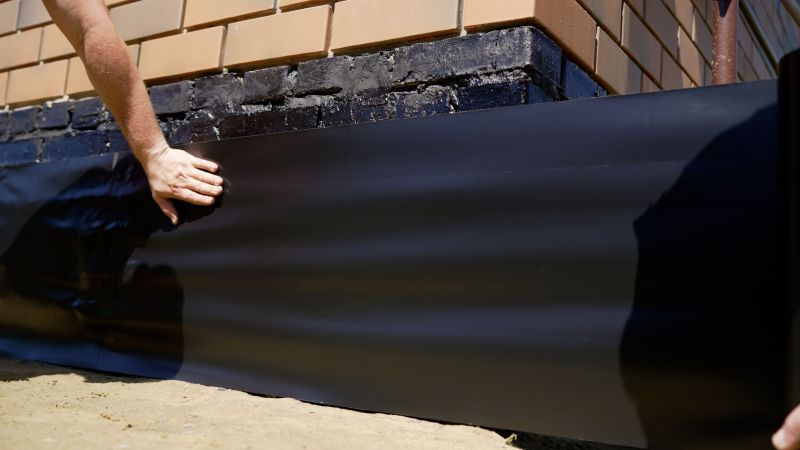
Ways to make Waterproofings work in tight or awkward layouts.
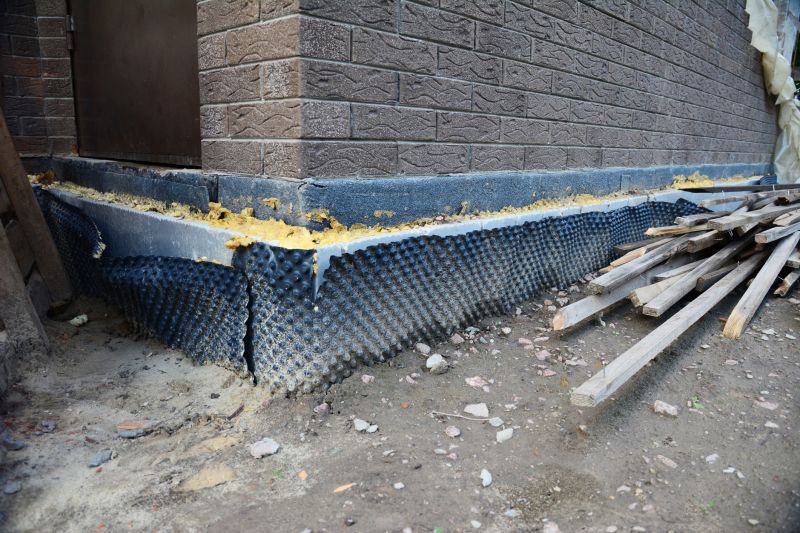
Popular materials for Waterproofings and why they hold up over time.
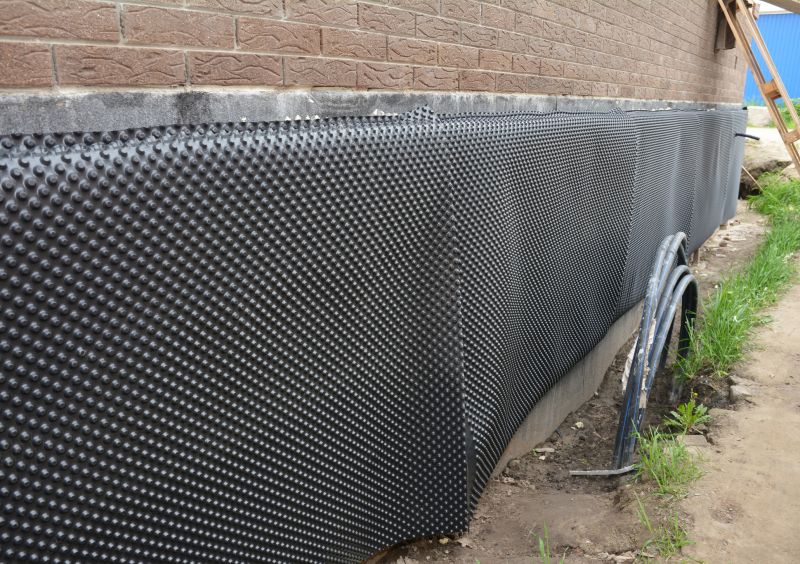
Simple add-ons that improve Waterproofings without blowing the budget.
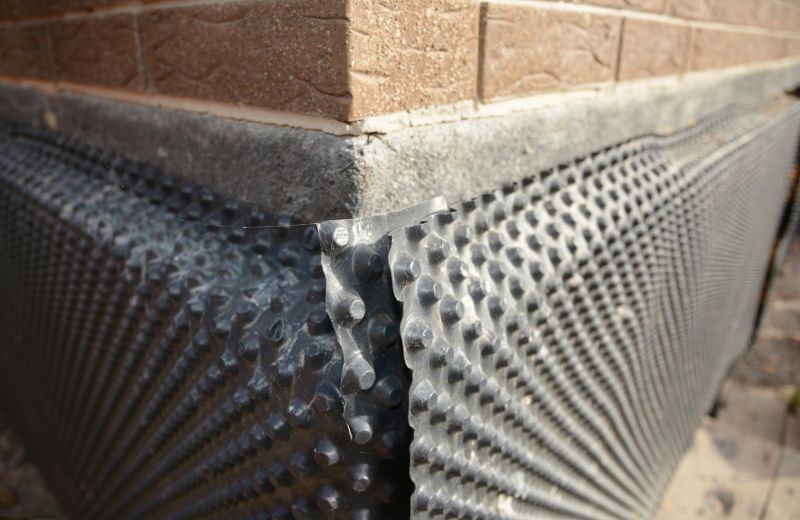
High-end options that actually feel worth it for Waterproofings.
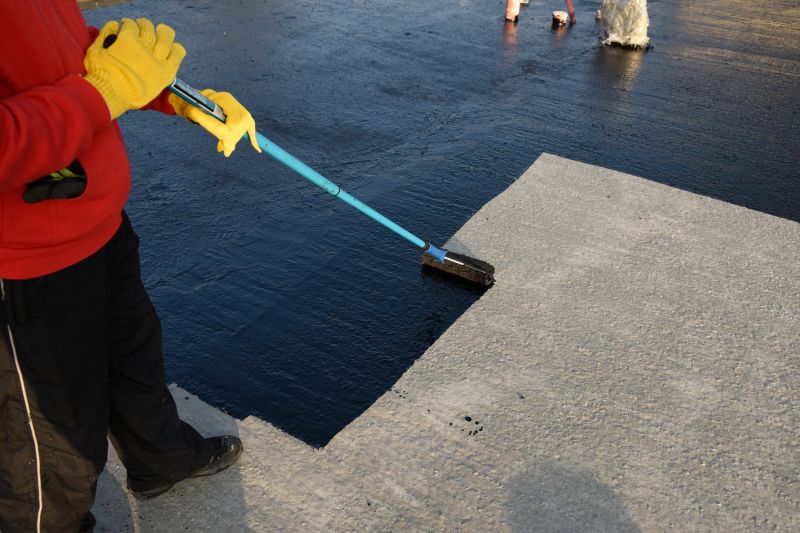
Finishes and colors that play nicely with Waterproofings.
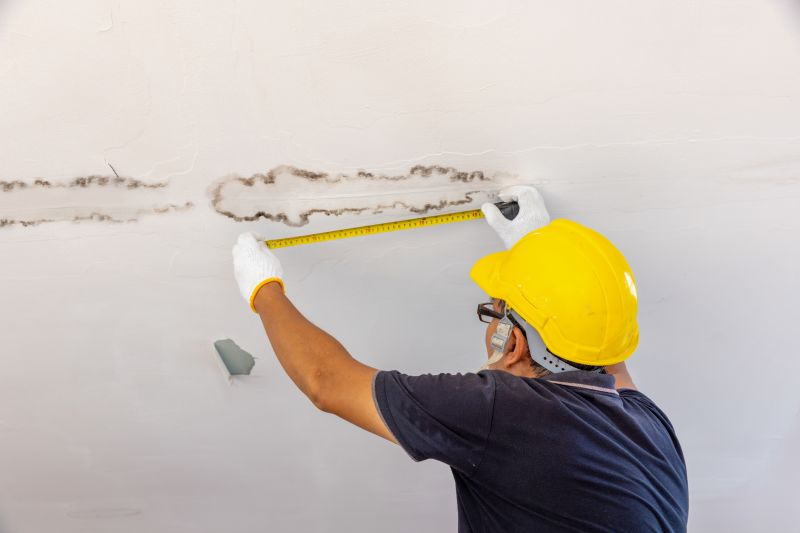
Little measurements that prevent headaches on Waterproofings day.
Waterproofings are essential for protecting structures from water ingress, which can cause damage, mold growth, and structural deterioration. Proper waterproofing extends the lifespan of buildings and reduces long-term maintenance costs. Effective waterproofing involves selecting suitable materials and applying them under optimal weather conditions to ensure adhesion and curing.
Statistics indicate that water-related damages account for a significant percentage of building repairs annually. Properly timed waterproofing can prevent up to 80% of water damage issues, saving costs and preserving structural integrity over time.
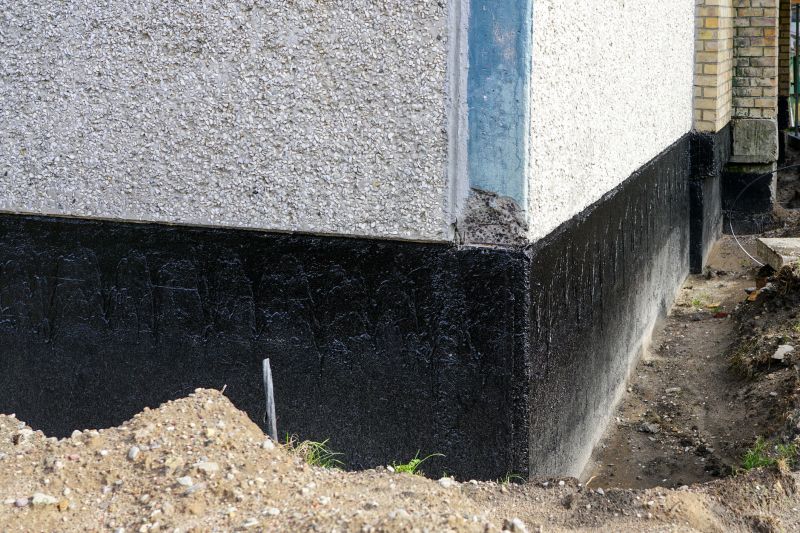
A 60-second routine that keeps Waterproofings looking new.
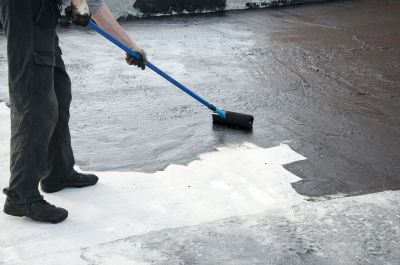
A frequent mistake in Waterproofings and how to dodge it.
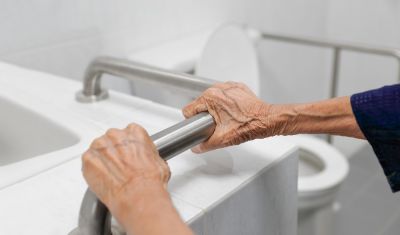
Small tweaks to make Waterproofings safer and easier to use.
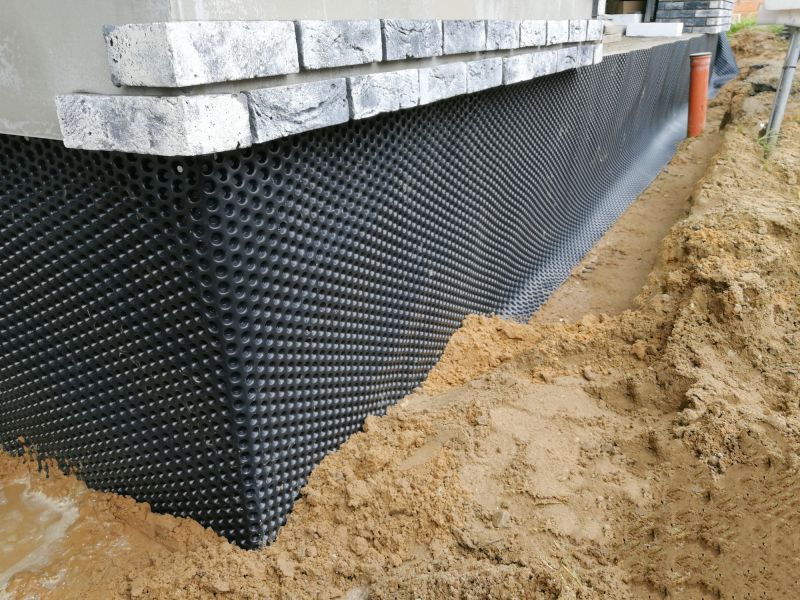
Lower-waste or water-saving choices for Waterproofings.
| Season | Optimal Conditions |
|---|---|
| Spring | Moderate temperatures, low humidity, dry weather |
| Summer | Cooler early summer days, minimal rain |
| Fall | Cool temperatures, low humidity, dry days |
| Winter | Not recommended due to freezing temperatures |
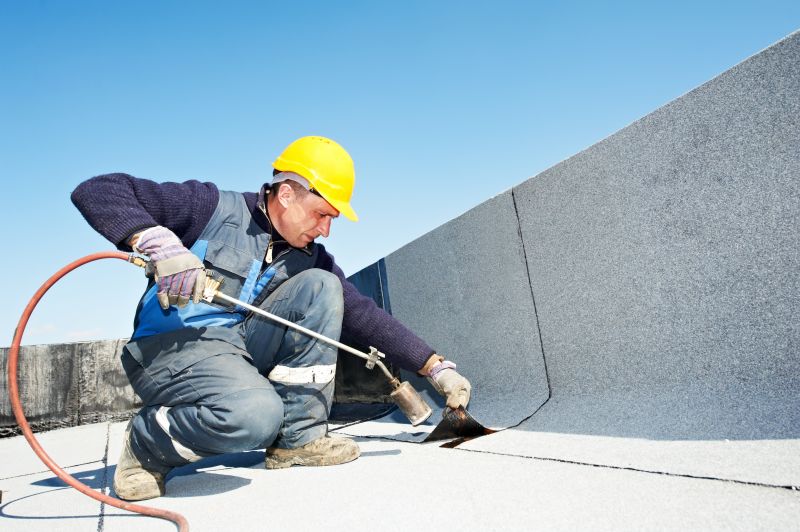
The short, realistic tool list for quality Waterproofings.
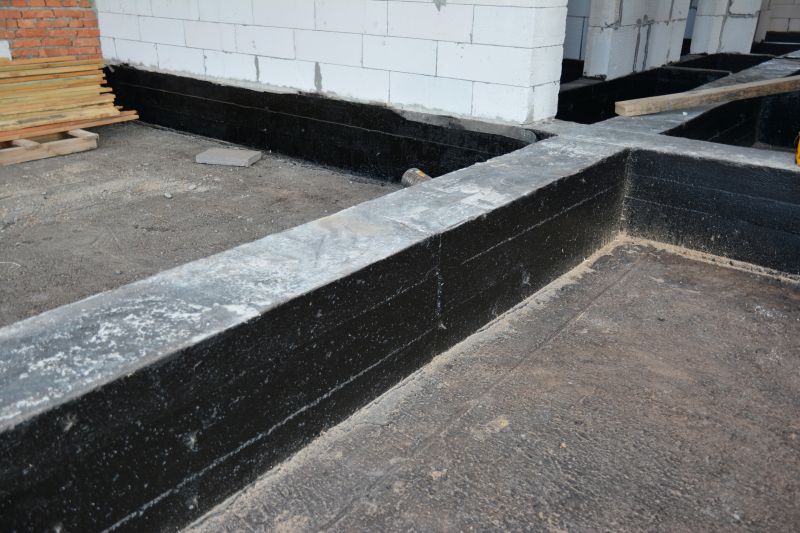
Rough timing from prep to clean-up for Waterproofings.
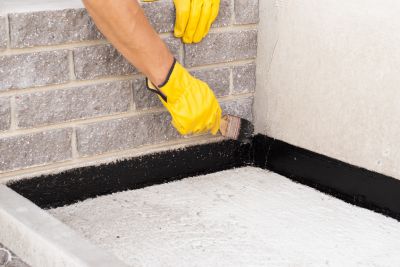
Quick checks and paperwork to keep after Waterproofings.
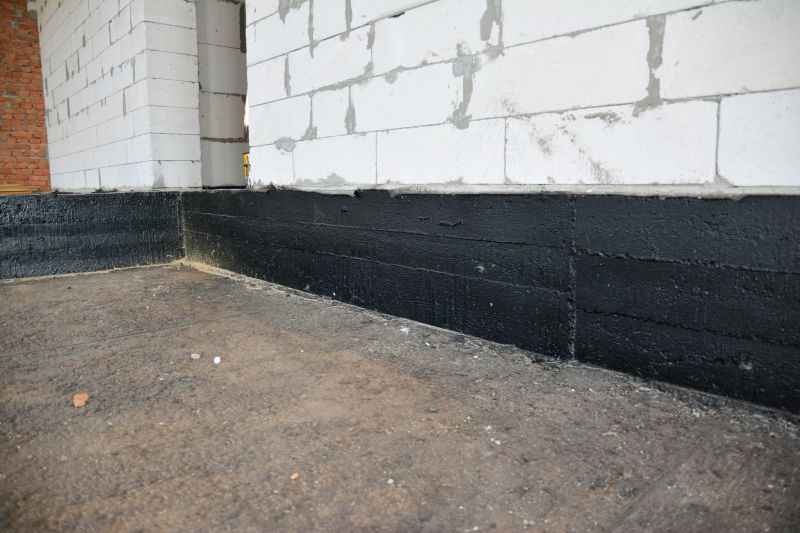
Examples that show the impact a good Waterproofings can make.
Interested in waterproofing services? Filling out the contact form provides an opportunity to discuss specific needs and scheduling options for optimal waterproofing results tailored to local weather conditions.


